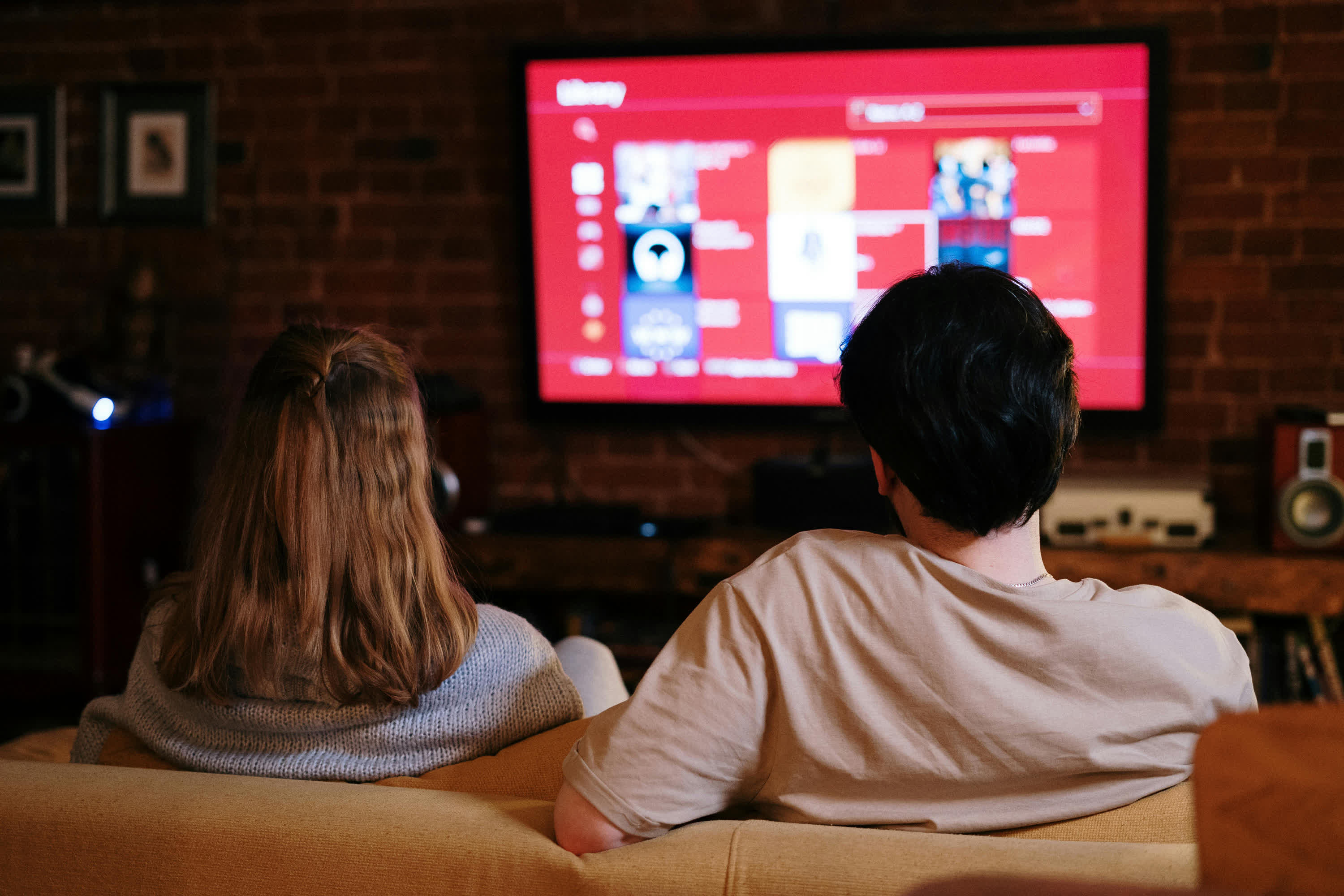The big picture: Major TV providers like Dish, DirecTV, Comcast, Verizon, and AT&T are all seeing record numbers of customers cutting the cord. With the industry just having its worst quarter ever, the trend shows no signs of slowing down.
Cord cutting has been on the rise as cable and traditional TV service providers scramble to appeal to a changing audience. Whatever they are doing isn't quite working though. According to a new study by research firm MoffettNathanson, cable and satellite providers lost about 1.1 million customers from July to September of this year. This represents the largest quarterly loss ever for cable providers as well as the first time over 1 million people have cut the cord in a single quarter.
Dish Network lost 367,000 traditional subscribers and only added 26,000 new clients to their Sling TV service.
DirecTV hasn't fared much better either. Despite adding 50,000 new streaming customers, the company lost about 300,000 subscribers last quarter. In total, the satellite industry lost 726,000 customers.
IPTV providers AT&T U-Verse and Verizon FiOS saw smaller losses of 104,000 customers combined.
Cable TV lost just under 300,000 subscribers, but MoffettNathanson views this as an upward trend since the industry lost 322,000 customers at the same time last year. Comcast made up a large portion of those losses accounting for more than 100,000 alone. However, they did add 363,000 new broadband subscribers, so they likely aren't feeling too bad.
Customers are faced with many viable alternatives to traditional TV, so streaming providers must keep their pricing competitive in order to continue attracting new customers. Exact growth numbers for streaming services like YouTube TV or FuboTV are difficult to pinpoint, but they continue to see record numbers of new subscribers.
While this all sounds like the traditional TV industry is dead, researchers estimate about 78% of US households still have some form of cable, satellite, or other paid TV plan. In terms of general industry trends, some believe that the rate of growth for cord cutters is shrinking, but others aren't so sure. MoffettNathanson says that a larger than normal number of new households signing up for new plans can hide the true numbers.
Regardless, cord cutting continues to be the traditional TV/cable industry's biggest threat and it's showing no signs of slowing down anytime soon.
Lead Photo Credit: cottonbro studio
https://www.techspot.com/news/77331-tv-industry-had-worst-quarter-ever-over-1.html
